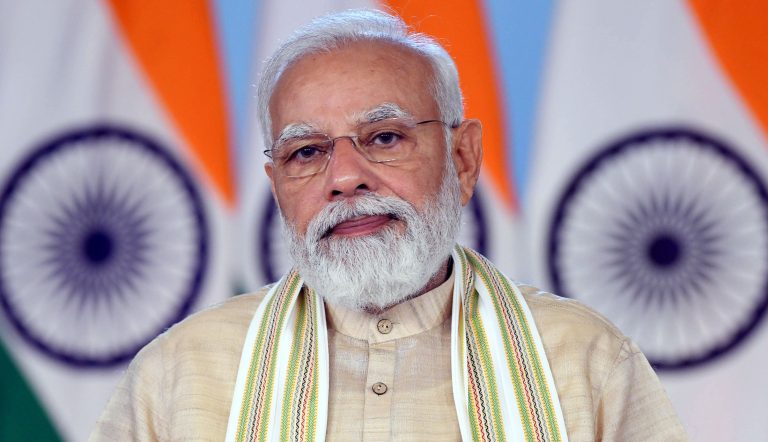After Oxford Covid vaccine dosing, trial participants to be given paracetamol ‘on SOS basis’
New Delhi: All 1,600 people who will participate in the trial for the Covid-19 vaccine candidate developed by the Oxford University will be given paracetamol after the vaccine dosage on an ‘SOS’ basis, ThePrint has learnt.
The Pune-based Serum Institute of India (SII) has partnered with Oxford University for the production of the vaccine candidate called Covishield, and will be spearheading these human trials.
The decision to use paracetamol was made at a meeting called by the subject expert committee (SEC) of the Central Drugs Standard Control Organisation (CDSCO) Friday.
“Paracetamol shall be given to the trial participants post dosing on SOS basis,” read the minutes of the meeting, accessed by ThePrint.
According to a study in the prominent medical journal, The Lancet, the prophylactic or preventive use of antipyretic drugs such as paracetamol are “recommended to allay concerns of high fever and febrile convulsion (seizures due to fever)”.
The study also found that even though febrile (or fever) reactions “significantly decreased” on prophylactic administration of these antipyretic drugs at the time of vaccination, these should not be “routinely recommended since antibody responses to several vaccine antigens were reduced”.
The Drug Controller General of India (DCGI), India’s apex regulator of clinical trials, approved human trials of Covishield Sunday, based on the recommendations of the SEC meeting Friday.
We are deeply grateful to our readers & viewers for their time, trust and subscriptions.
Quality journalism is expensive and needs readers to pay for it. Your support will define our work and ThePrint’s future.
According to the minutes, the company had also noted that “the market authorization of the vaccine will be based on clinical data generated in the said trial as well as the data from other countries, as available”.
SII has a tie-up with Swedish-British pharmaceutical giant AstraZeneca for the Oxford vaccine. The company is expected to manufacture a billion doses for low- and middle-income countries by 2021.
Clinical trials to start soon
The CDSCO, which is led by the DCGI, has allowed the trial on 1,600 participants in India, which will take place in over 20 selected sites. The decision to allow trials is based on the data submitted by the SII on Phase 1 and 2 of the clinical trials by the Oxford University.
“Each participant will be given two doses of vaccine four weeks apart to assess the safety and immunogenicity on the defined intervals. The first dose will be given on day one and second dose on day 29,” said a senior government official.
Immunogenicity means the ability of a foreign substance to provoke the body and create an immune response.
The Oxford vaccine candidate is among the frontrunners in the race to develop an effective vaccine against Covid-19.
On 28 July, the SEC had deferred the decision on SII’s proposal to begin human trials in India and had asked the company to rework eight points on the proposal submitted.
However, SII had revised its proposal “within hours”, which led the CDSCO to call up an urgent meeting of the SEC Friday.
The revised protocol
In the final proposal submitted by the SII, it added “five more trial sites in different parts of the country, taking the total to around 20 cites pan India to conduct trials”, a government official had told ThePrint earlier.
It had also attached a memorandum of understanding, as instructed, signed with India’s apex health research body, the Indian Council of Medical Research (ICMR),
“It is about the clauses on the funding of clinical trials and the expenditure ICMR will bear,” the official added.
According to the minutes of the SEC meeting held on 28 July, the panel had asked SII to “demarcate the phase II and phase III part of the protocol”. It had also asked the company that the trial sites proposed for the study should be “distributed across pan India”.
SII was also instructed that the dropout rate of 41 per cent should be revised to keep the rate at par with other vaccine studies.
Furthermore, the SEC had informed the firm that “immunogenicity shall be either primary or secondary objective”.
THE PRINT





